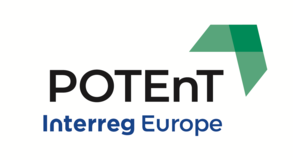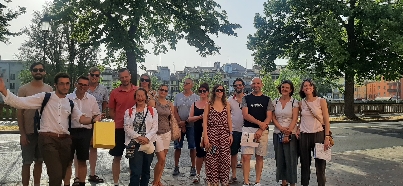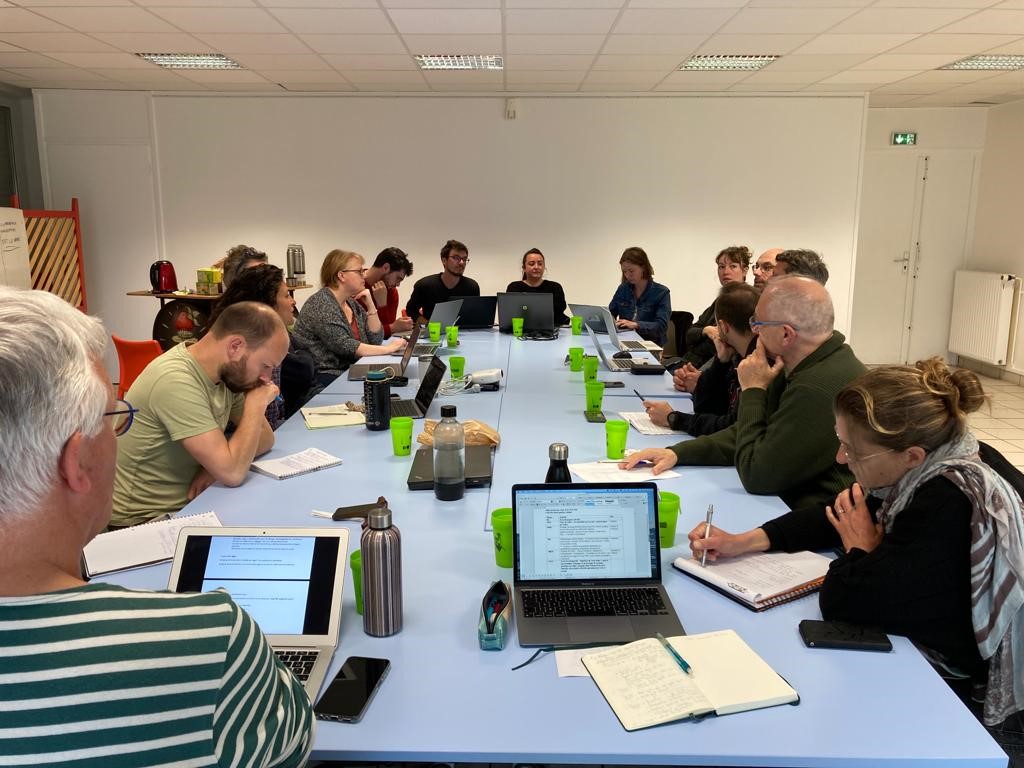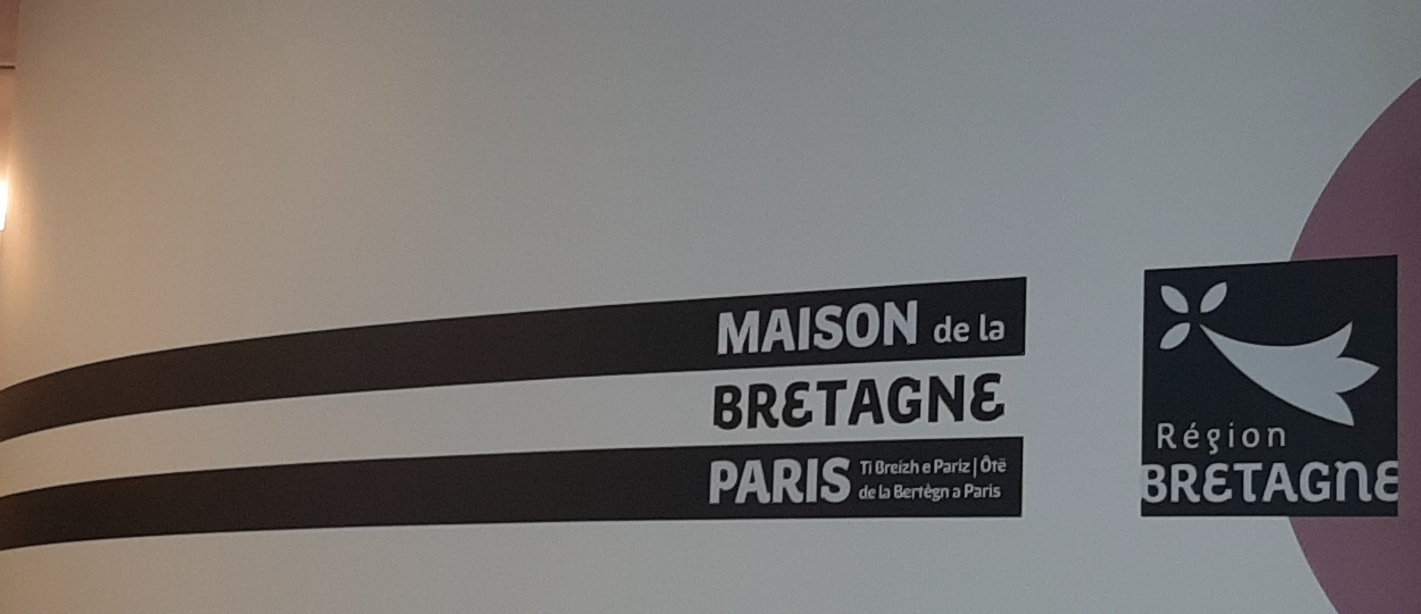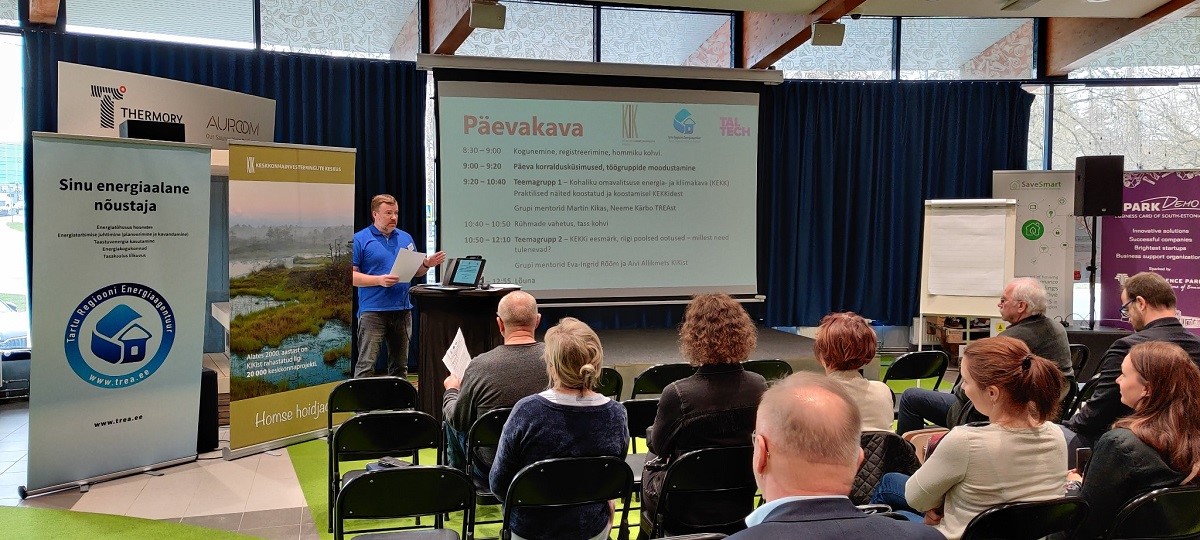Beyond any doubt, digitalization opened new possibilities for interregional learning. This time, three Potenters choose to merge three study visits into one, sharing their models of One-Stop-Shop (OSS). An experimental, but successful example.
On Wednesday 21 April, three municipalities, united by a common interest, decided to share their experiences online, being simultaneously guests and hosts for each other. The municipality of Parma, Pamplona and the Energy Agency for the South of Brittany ALOEN met online to present their OSS.


A one-stop-shop is an info point advising citizens, property managers and professionals on energy interventions and housing services. As the nature of these info points is linked with the ecosystem of the city in which they are located, every presented OSS had its peculiar and unique characteristics.
The project partners presented their practices in the following order: the project FEASIBLE by the city of Parma, the ‘’Espace info habitat’’ by ALOEN and the role of the one-stop-shop in the ‘’Efidistrict Fwd renovation’’ by Pamplona. Almost 20 participants joined the meeting. Among these, there were representatives from the regional offices, housing departments, sustainable development agencies, and technicians.

First, the City of Parma presented a pilot action developed through the project FEASIBLE (h2020). In this framework, the municipality, ATES Energy Agency, the research consultancy ISINNOVA, and the consensus-building association FORMATTIVA generated an OSS specific to Parma’s urban environment.
Considering that 40% of the buildings in the city of Parma are condominiums constructed between the 60s and the 80s, Parma’s OSS aims at catalyzing approximately 16 million € to renovate them. To persuade condominium managers to get involved in the renovation project, the main asset of Parma’s one-stop-shop is a consensus-building team.
If you ever took part in a condominium meeting, you probably already know how difficult it is to take a common decision. As the Italian government has set up a number of incentives for house refurbishment, condominiums’ inhabitants have many options to consider. However, the complicated administrative procedure creates many misconceptions among people. This is why the work of FormATTIVA, a facilitator association constituted by mediator experts is so important for building trust and consensus in condominiums. These facilitators have both a social and technical education, which allows them to assist customers in the first phase of the renovation project.
In France, one-stop-shops are a well-established practice, especially in Brittany, counting 23 info points advising on renovation, energy management and housing services. To fulfill these duties, the Espace info habitat has a remarkable organizational structure. ALOEN mainly deals with energy management, while the housing agency ADIL gives legal advice and the municipality of Lorient provides support. With this organization, the OSS has expertise in several spheres of activities such as finance, architecture, energy and building material. A complete package allowing Espace info habitat to assist citizens in many ways: finding an apartment, retrofitting the house, accessing finance and legal advice.
The third presentation took us to Spain. Pamplona started by reviewing the building retrofitting offices in the region of Navarra. These offices act as branches of the municipal and regional housing and planning department, meaning that they provide citizens and local authorities with additional expertise for urban decision-making.
In total, there are nine offices in Navarra that work independently from each other. The creation of these retrofitting offices, or "oficinas de rehabilitación", is due to the joint force of the Navarra region and the public company Nasuvinsa.
These offices have bidirectional scope: advising citizens on real estate options and refurbishment interventions but also providing local authorities with additional technical support.
In the second part of the presentation, a representative from Nasuvinsa showed the renovation of the Txantrea neighborhood, part of the Efidistrict FWD project aimed at mobilizing local energy investment to renovate the neighborhood. In this framework, an energy info point was established.
From 2014 to 2021 more than 2000 houses were renovated spending than 50 million euros. For this massive urban regeneration, a synergic mix of EU funds with local subsidies was implemented.
This event dealt with different crucial topics about the institution of a one-stop-shop, such as degree of support, legal and financial advising, consensus building and community engagement. All the projects presented, despite the contextual differences, entail some specific and particular elements, which may be the turning key for a more effective urban regeneration.
